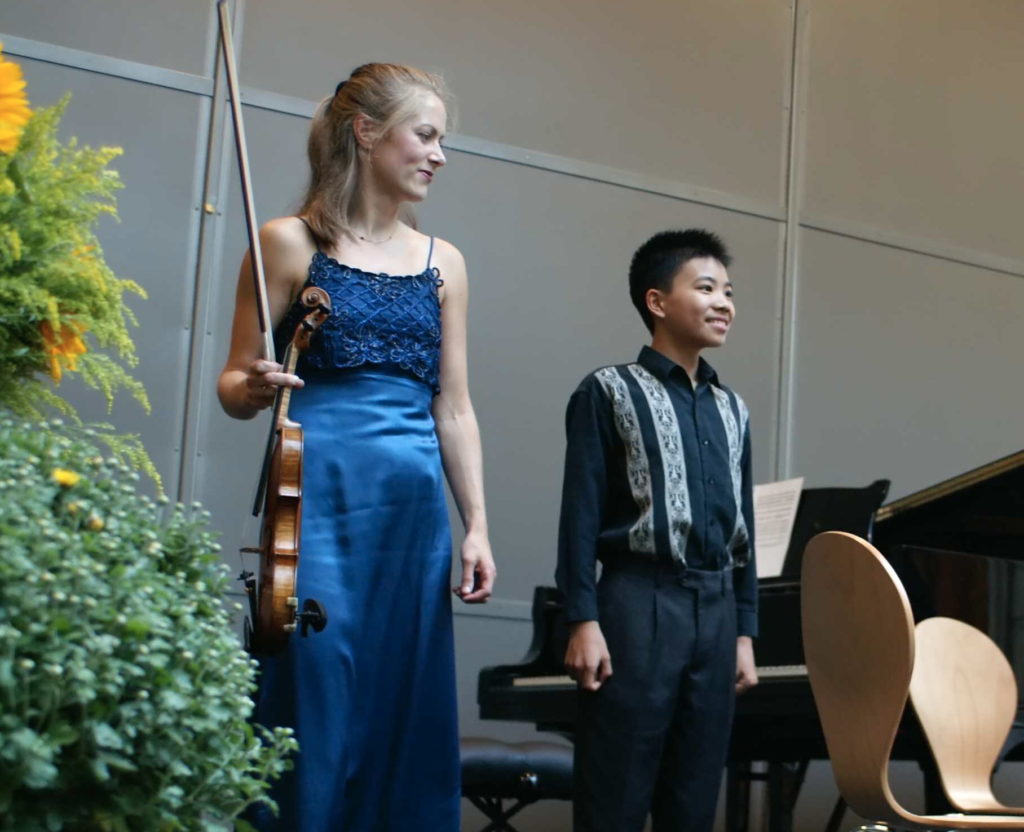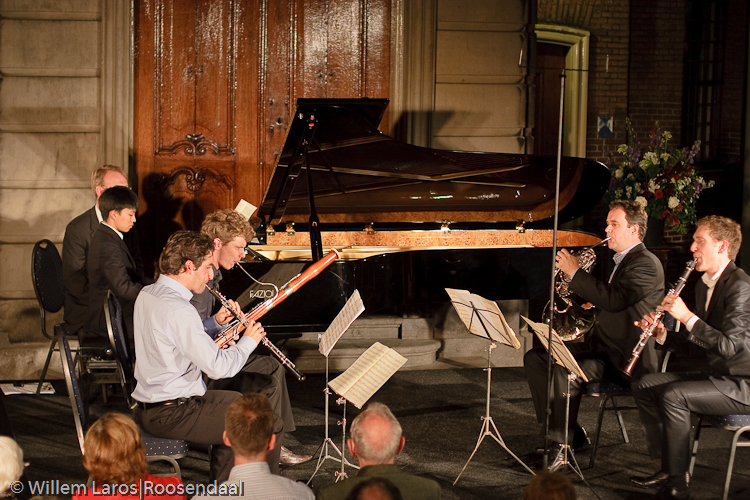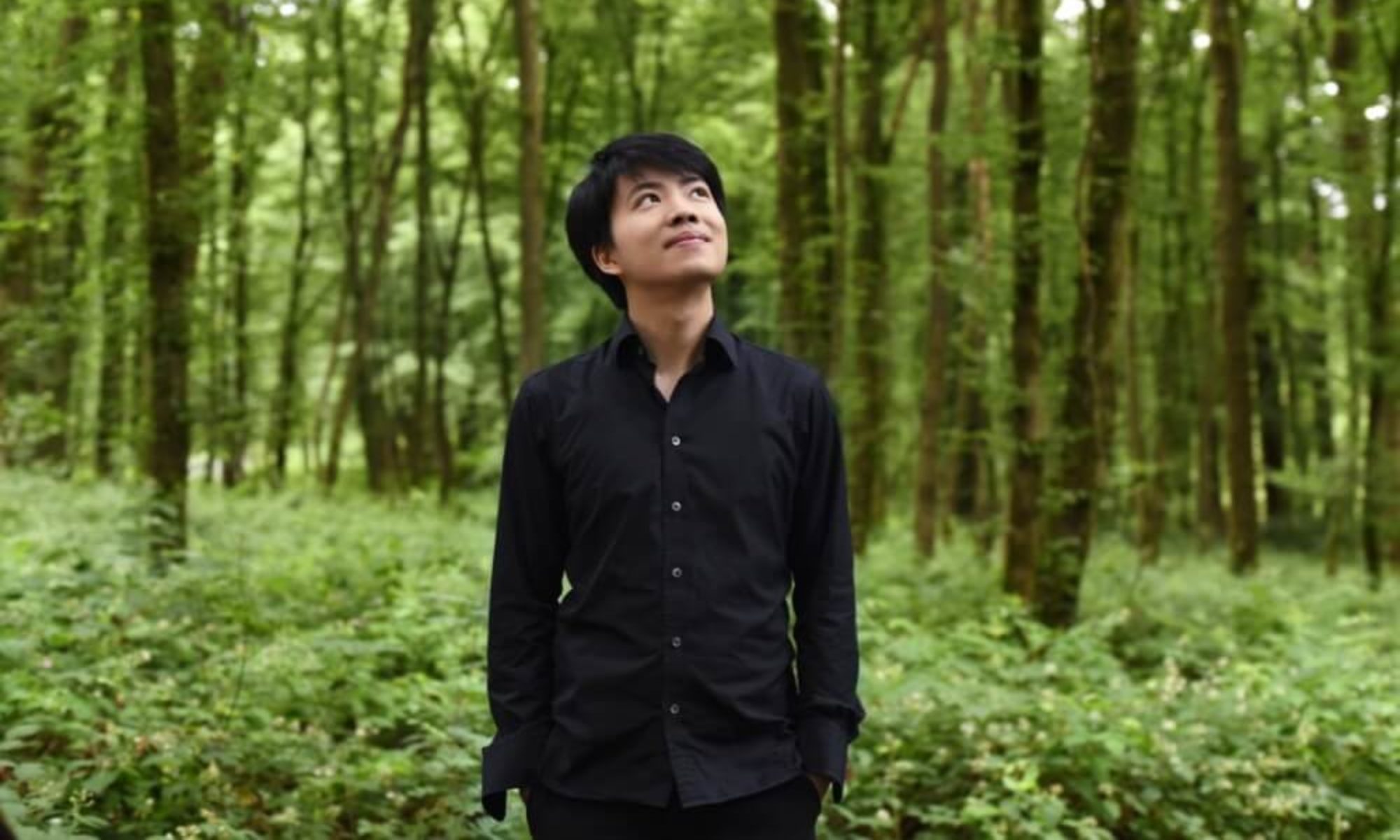7 Questions for Kit Armstrong
Pianist Kit Armstrong is a familiar face for many of our festival visitors. In 2006, when he was 14 years old, he was our guest for the first time. In the following years he played at various festival editions, and also premiered several of his own compositions. This year he plays Bach’s Goldberg Variations – from his concert church in northern France. We asked him – before it became clear that he could not travel to The Hague – the following questions.
You were very young when you found yourself having an ‘adult’ musical carrier. Many of our festival visitors will remember you as the young boy you were when you first performed at the festival. What do you remember of your early visits to the festival and The Hague?
My strongest early memories are of a city that looked like it stood outside of time, a place where you could find in a small street that hasn’t changed since it was painted by one of the Golden Age artists. Its concentration of beauty and culture all enclosed in a jewel box of a city will always stay with me.

The festival holds a special place in my heart, as I fondly recall the opportunities to play chamber music in true chamber settings, as well as to compose pieces and have them performed by sympathetic musicians of the highest accomplishment. Many of my favourite past compositions owe their life to this festival.
In what ways have you – as a pianist and in the way you approach music – changed over the past decades?
I gave my first professional performance when I was eight. Given that I just turned 28, I suppose it fair to ask me to look back over the past two decades.
My first approach to music was about exploration. I was keen to understand anything, that I had not known before. In the last years, my sense of self in music has become more defined. This means that I have become less receptive to music with does not align with this sense of self. In general I like wholesome music which does not make a point of showing its art. And if music wants to take itself seriously, it needs a very good excuse to do so.
You are not only a pianist, but also a composer, a conductor, a mathematician, a farmer, a cook and much more. (How) do all these things effect your piano playing and musicianship? Are these different elements of you life connected?
In my feeling, all of these elements are connected because they are opportunities for learning. By learning I mean not only the absorption of information but also the creation and development of one’s own mental model, which could be called “understanding”. At a certain point, the mental model starts to express itself creatively, all while constantly evolving. The interesting and unexpected thing is that a primitive model and a longer developed model can create equally meaningful works. Recently I tasted a cake made by a person who, I believe, only makes that one cake. A master patissier with all-encompassing knowledge could not have made a tastier cake. Bach was inexperienced when he wrote his cantata #106; it is music at its most profound.
Alfred Brendel called you “the biggest musical talent he ever met”. What kind of teacher or mentor is Mr. Brendel? Why did you ask him specifically to be your mentor, back in 2004?
The question is one that deserves more elaboration than I can give it in this context. As I become older and look back, I can only speak of the most profound respect for this man, and having my own career in music I look back in astonishment that he made time for me to see him in London each time he returned from tour. I should add that I still see Mr Brendel regularly and he is still just as generous with his time and his insights. He continues to write, lecture, coach string quartets, and write and perform poetry readings. I have seen, through the lens of my own attempts as well as those of many authors and practitioners, how easy it is to talk about music and give an impression that does not really address the core of what one intends. Mr Brendel is one who can express in words what truly matters to him in music.
The same Alfred Brendel called you “the ideal Bach interpreter”. Why is the music of J.S. Bach important to you?
I am not a person who has much to do with shows of strong emotions in everyday life; they do not come to me, and I do not seek them out in other people. Bach’s music is made of emotions in their most extreme intense form, and it does not distract itself with trying to show them.
You are still a young musician, what can we expect from you in the coming years, what are your dreams for the future?
I am writing an opera about Guillaume de Machaut, based on what one could call his fantasy-autobiography (Le Livre du Voir Dit). Music, as I like to see it, is synonymous with the human voice. My hope, whenever I write for it, is that associating the beauty of the voice and the beauty of sound-structure to a story makes the story more compelling and its message more rewarding.
This year I look forward to a series of 5 recitals in a cycle dedicated to the 5 preceding centuries of piano music. I realised that the keyboard instrument is one of the few instruments which naturally lends itself to recounting this story. In fact, there are so many stories over the last 500 years, that my goal in these programmes is to take one story in each period, and exhibit some favourite musical works that accompanied its development.
And what are you looking forward to, returning after some years to our festival and The Hague?
An oasis of musical joy and some really nice herrings.


